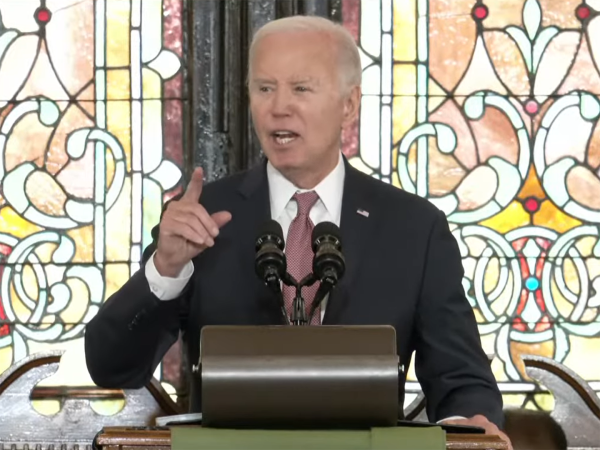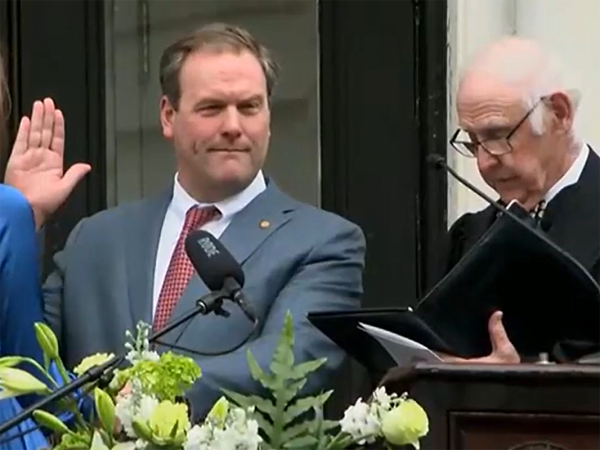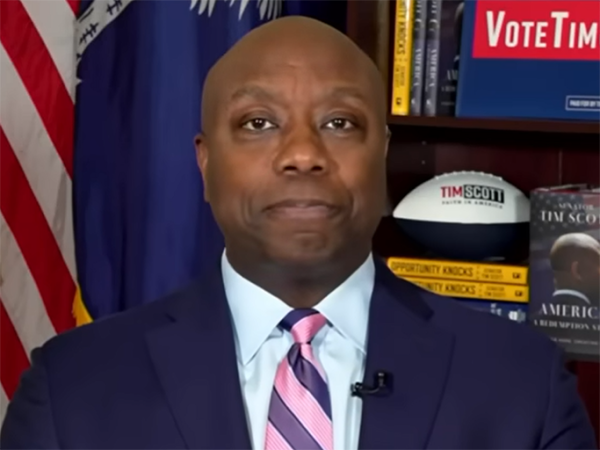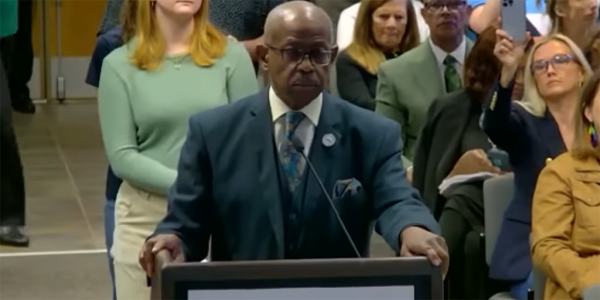French Presidential Election Recap

As French president François Hollande’s controversial tenure in office comes to a close, his withdrawal from the upcoming election opens up an unpredictable race between candidates. The candidates included five frontrunners who were sharing votes fairly equally in the polls, thus indicating that the election would most likely go into a runoff (over 50% of votes necessary to win). The polls also indicated that liberal centrist Emmanuel Macron and radically conservative Marine Le Pen held the lead, followed closely by the moderately conservative François Fillon and socialist Jean-Luc Mélenchon. Firebrand leftist Mélenchon improved his image in heated televised speeches and debates, yet his reputation was affected largely by the ineffective presidency of socialist François Hollande. François Fillon, an early frontrunner in the presidential race, was charged for a scandalous embezzlement case, in which he improperly transferred funds to his wife and two children. His conservative stance became popular at an important time in France’s future, as the United States (electing Donald Trump) and the United Kingdom (leaving the European Union) both unexpectedly voted against liberal candidates and tendencies. On April 24th, the official results gave 24% of the vote to Macron, 21.3% to Le Pen, 20% to Fillon, and 19.6% to Mélenchon, bringing Macron and Le Pen into a second round which will occur on May 7th.
Marine Le Pen, the nominee of Le Front Nationale, worked to soften the image of the party despite her father creating an anti-Semitic nature. When she assumed leadership in 2011, she worked to resolve her own anti-Semitic critics; one example was her comparison of Muslims praying in the street to the Nazi occupation, causing shockwaves across French politics. Among her platform, she believes in abandoning the euro, immediate expulsion of illegal immigrants, and regulation of Muslim mosques and dress, all of which would reshape French society.
Emmanuel Macron, founder of En Marche, a neither left or right political party, has gained immense attention in the recent months due to his particular economic policies he wishes to implement. They include the cut of 120,000 public-sector jobs to bring down the budget deficit, decreasing corporation tax from 33% to 25%, and strengthening EU ties. His foreign policy is likely to help his position in the second round, as Marine Le Pen’s radical anti-EU stance is appealing to a small minority of extremist voters.
Nonetheless, with a surprising decision in both the UK’s Brexit vote and America’s election of Donald Trump, it is not out of the question that another upset victory will boost the conservative party in France. With the election of Marine Le Pen, there is an imminent threat of the European Union’s dissolution, which would have major ramifications to Europe and Russian relations. I will write a follow up after the May 7th runoff, which will determine the future of France and international relations.












